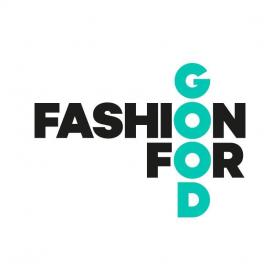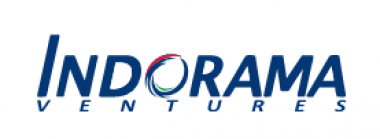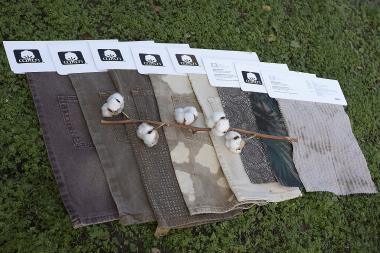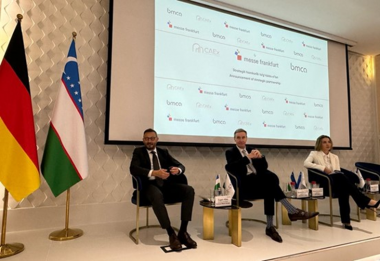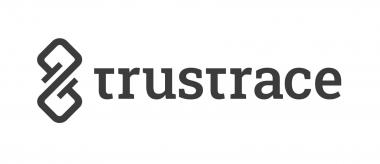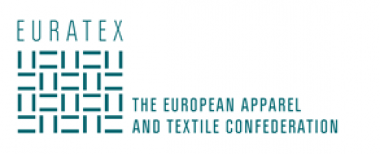Fashion for Good: Sorting for Circularity USA report
Fashion for Good launches the Sorting for Circularity USA report unveiling significant findings from the project. A first of its kind in the US, the report delves into consumer disposal behaviour, textile waste composition, and the potential for fibre-to-fibre recycling within the country. It provides insights for making informed decisions for further investments, infrastructure development and the next steps towards circularity.
The U.S. Textile Waste Landscape
The United States is a global leader in textile consumption and waste generation, positioning itself as one of the largest sources of secondary raw materials for post-consumer textile feedstock. Despite this, only 15% of the textile waste generated in the US is currently recovered, with 85% ending up in landfills or incinerators.
With the impending policies in the European Union and certain American states, alongside commitments from both public and private sectors to promote fibre-to-fibre recycling, there is a growing demand for infrastructure related to post-consumer textile collection, sorting, and recycling.
Addressing Data GPS
In the pursuit of establishing a functional reverse supply chain and the necessary infrastructure, two critical areas lack data – consumer disposal behaviour, and material characteristics of post-consumer textiles. The Sorting for Circularity USA project addressed these gaps through a comprehensive national consumer survey and waste composition analysis.
The survey revealed that 60% of respondents divert textiles, while 4% discard them, driven primarily by factors such as condition and fit. On the other hand, the waste composition analysis unveiled that over 56% of post-consumer textiles are suitable for fibre-to-fibre recycling, with cotton and polyester being the most prevalent fibre types, indicating a substantial potential for these textiles to be used as feedstock for mechanical and chemical recycling processes.
The project revealed a $1.5 billion opportunity for fibre-to-fibre recycling by redirecting non-rewearable textiles from landfills and incinerators to recycling streams. The report outlines growth strategies for the US textile recycling industry, emphasising enhanced financial value through efficiency improvements, increased commodity valuation, and policy mechanisms like extended producer responsibility schemes. Collaboration among stakeholders is crucial, including brands, government, retailers, consumers, collectors, sorters, recyclers, and financial institutions, to promote circularity, invest in research and development, and advocate for supportive policies and incentives to drive technological innovation. This redirection of textiles towards recycling underscores the substantial economic potential of embracing circularity in the textile industry.
There is an opportunity to build on these insights and assess the feasibility of different sorting business models and (semi) automated sorting technologies to create a demo facility suitable for closed-loop textile recycling. Ultimately, evaluating the commercial and technical feasibility of a semi-automated sorting process and identifying investment opportunities to scale solutions nationwide.
Fashion for Good


